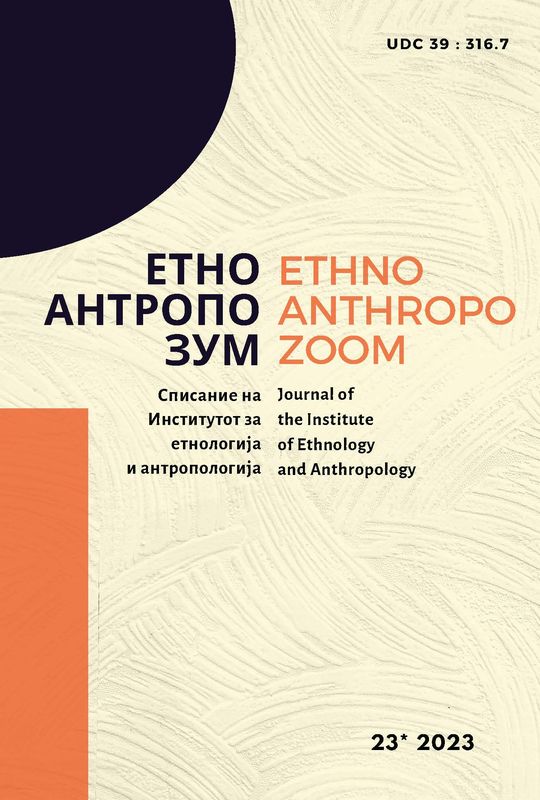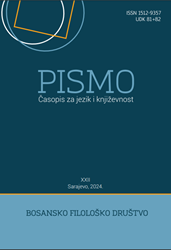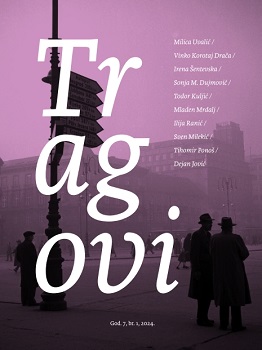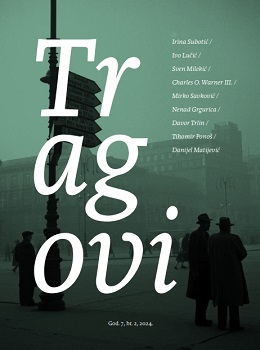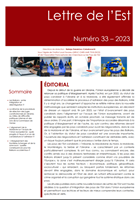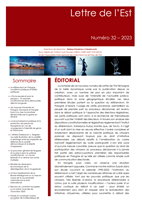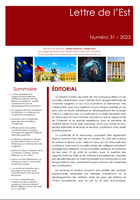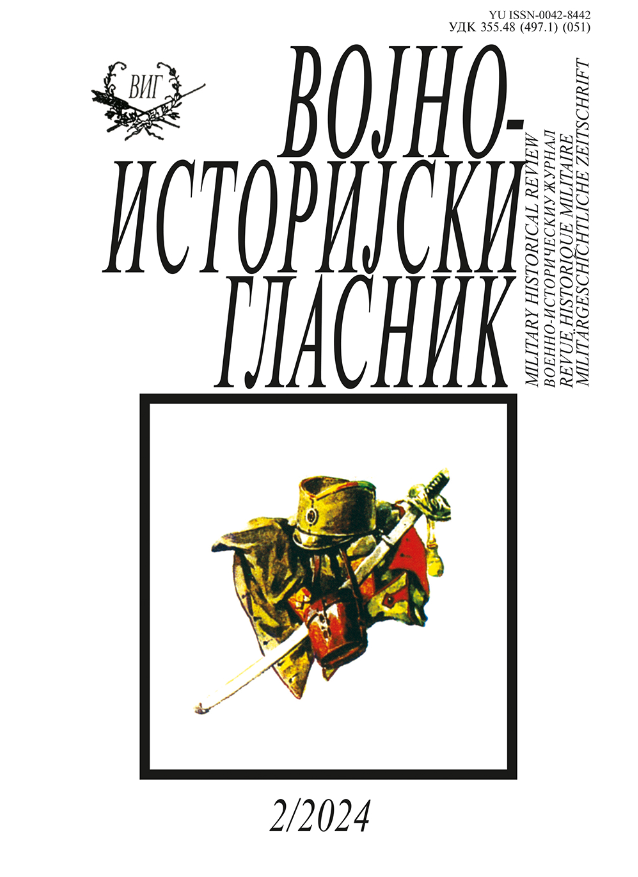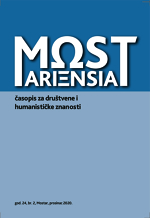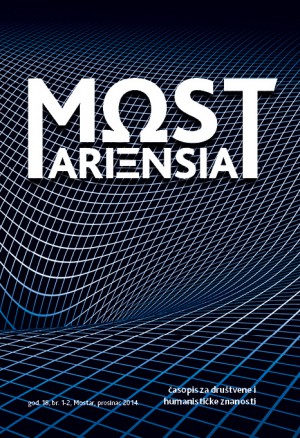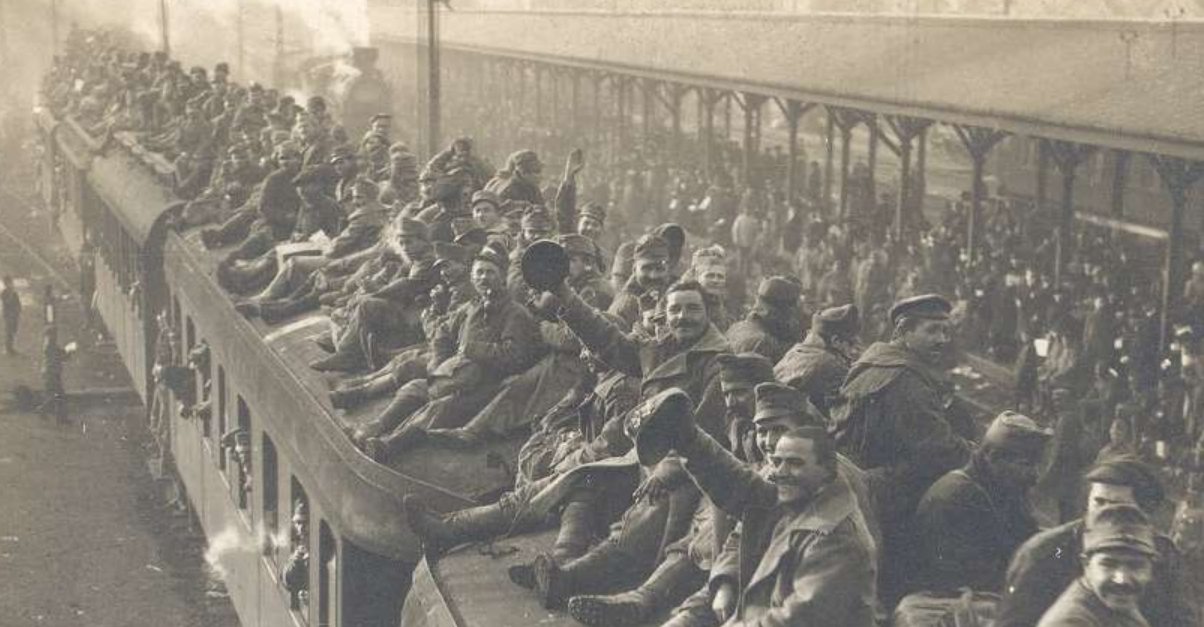
Yugoslav Ruling of Rijeka (Fiume) in 1918, Seen by Stanislaw Krakow
This paper discusses a short but very important episode of First World War history concerning the Yugoslav ruling over Rijeka (Fiume) in 1918 as seen through the war experience and writings of Stanislaw Krakow. In the interwar period, Krakow became one of the most known representatives of Expressionism while at the same time a prominent journalist, philatelist, numismatist, art collector, movie director, etc. As a writer, he dedicated a few works to the Rijeka events where he participated as an officer in the Serbian battalion sent from the Thessaloniki front to “cross over every Yugoslav province in order to bring them freedom and to announce unification of Southern Slavs.” Krakow spent one month in Rijeka, arriving on 15 November, but when the Serbian army withdrew two days later he stayed as a Serbian representative within the international mission of French General Andre Tranié. During the month spent in Rijeka, Krakow was witness to many conflicts among pro-Italians and pro-Yugoslavs amid a tense atmosphere with diplomatic clashes between great powers. Describing the early phase of Rijeka’s crisis, Krakow added his own unique angle to the events and we believe that perspective and his extraordinary life story are worthy of presentation to the public appreciation. For the purpose of this paper we rely on his writings as a base for our research, accompanied by documents stored in the Archive of Yugoslavia, the National Library of Serbia, relevant historiography works and newspapers.
More...
